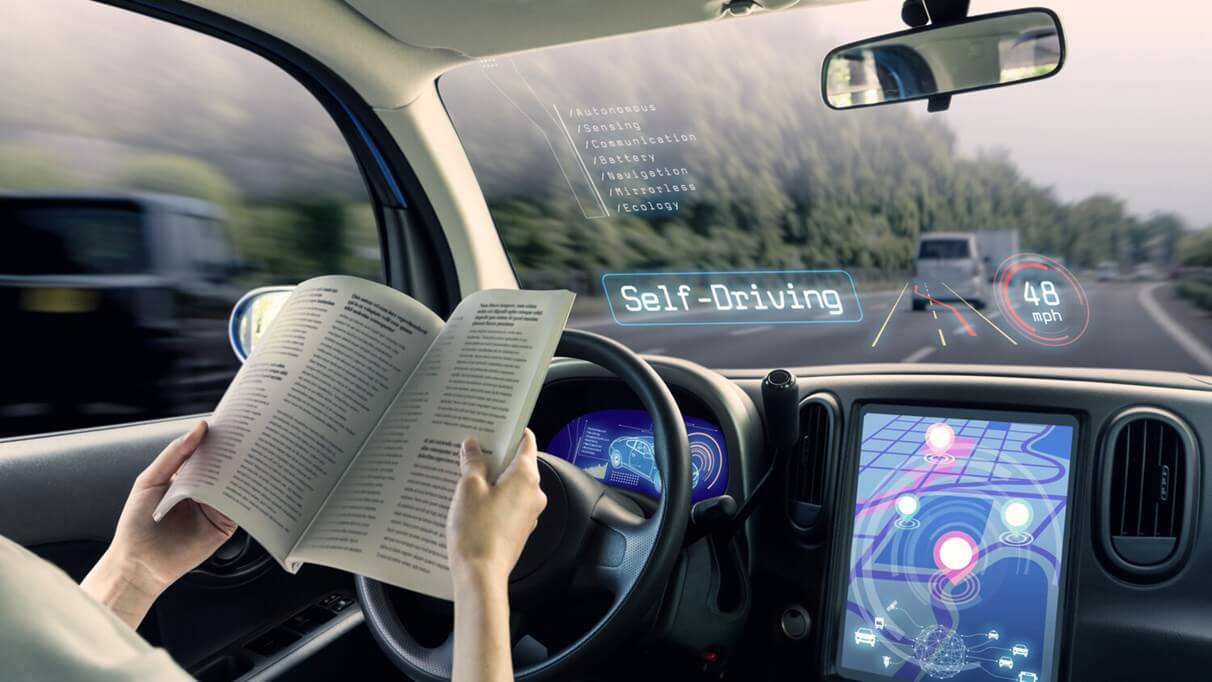The big picture: 5G is coming and while the EU may be weary about using it to its full potential, forward-looking countries and companies are fighting for the huge potential market that will be created as a result of its deployment. The phenomenon is dubbed "The Fourth Industrial Revolution," which is why they're fighting every piece of roadblock legislation that stands in the way, such as a recent proposal for using WiFi-based infrastructure for car-to-car and car-to-infrastructure communication.
The three giants triumphed on Thursday in the European Union, as a result of several member states rejecting the push for a WiFi-based communications technology for connected cars that was to be developed with backing from Volkswagen.
As countries around the world are planning their 5G deployment with much fanfare, as well as threats – if it involves Huawei tech – this marks an important win for industry groups such as GSMA and GSA, who believe the technology proposed by the European bloc as outdated. In a joint open letter, they argued the regulation would put Europe at a competitive disadvantage by "ignoring that newer technologies have emerged in recent years."
The European Commission's proposal called Cooperative Intelligent Transport Systems (C-ITS) was meant to govern the way in which connected and autonomous cars exchange data between themselves and infrastructure, for traffic lights, critical situations, avoiding congestion, dangerous road conditions, and more.
Among the 21 countries that rejected the EC proposal were Germany, Italy, and France, and companies that argued the legislation would force them to invest in outdated WiFi technology that underperforms cellular, which 5G is supposed to enhance to unprecedented levels of performance.
The industry is still split as to which standard they're backing, with NXP, General Motors, Volvo, Renault, Toyota and Volkswagen who advocate for WiFi 802.11p, while companies such as BMW, Ericsson, Huawei, Intel, Qualcomm, Samsung and Deutsche Telekom are more fond of Cellular Vehicle-to-Everything (C-V2X).
The obvious winners here are the suppliers of 5G infrastructure and modems, such as Qualcomm and Huawei, if they play their cards right. The EU officials defended their stance on using existing infrastructure due to lower cost and safety, while 5G proponents view the proposal as a brake on innovation. The safety point is even easier to shoot down with BMW, Audi and Intel making a push for the industry to take responsibility in designing self-driving cars.
